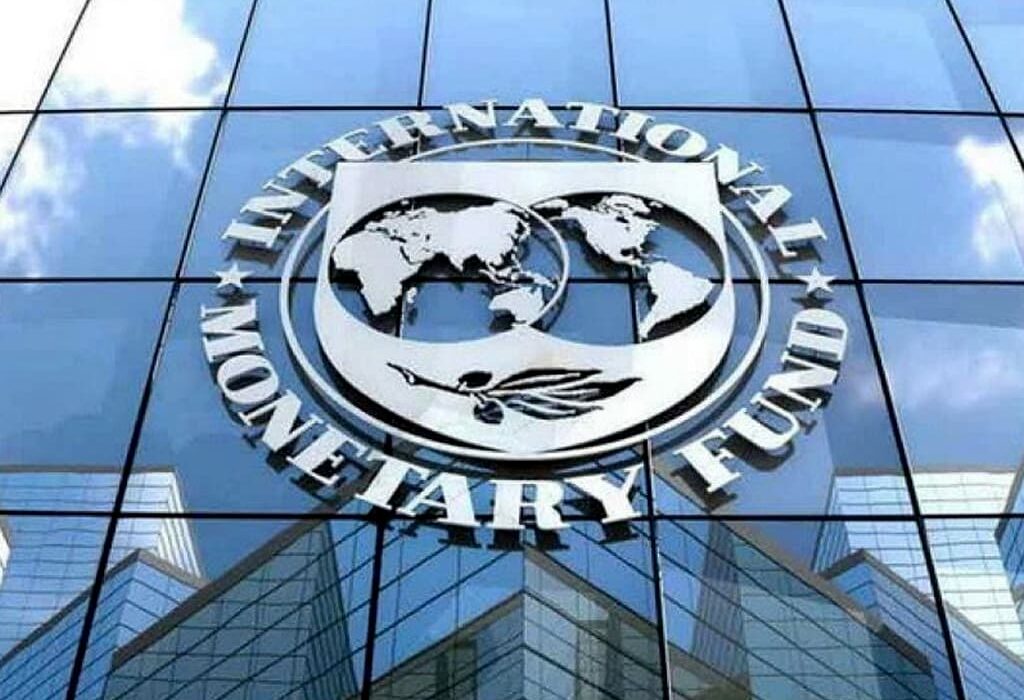In a significant boost to Kenya’s ongoing economic restructuring, the International Monetary Fund (IMF) has concluded a pivotal visit to the country, led by Haimanot Teferra. During their stay from September 11-16, the IMF delegation engaged in critical discussions with Kenyan officials, focusing on the nation’s latest developments and strategies to tackle pressing economic and fiscal challenges.
At the close of their visit, Ms. Teferra praised the productive nature of the talks, highlighting the Kenyan government’s commitment to essential economic reforms. “The discussions with the Kenyan authorities were fruitful, focusing on advancing policies and reforms crucial for sustainable and inclusive growth that will benefit all Kenyans,” she remarked.
The IMF’s visit underscores its commitment to supporting Kenya in identifying and implementing a robust set of policies aimed at completing reviews under the ongoing program as swiftly as possible. This collaboration is seen as crucial for maintaining the momentum needed for substantial economic growth and governance reforms in the country.
As Kenya navigates through these reforms, the continued partnership with the IMF is anticipated to play a pivotal role in ensuring the country’s economic path remains on a trajectory toward stability and substantial growth, benefiting a broad spectrum of the Kenyan populace.
With the global economic landscape shifting rapidly, Kenya’s proactive approach in collaborating with international bodies like the IMF signals a strong desire to align its economic policies with global best practices. The Kenyan government has put forward several reforms aimed at enhancing fiscal responsibility and economic efficiency, which are now under review by the IMF to ensure they meet international standards and promote long-term sustainability.
During the discussions, particular attention was given to Kenya’s strategic initiatives targeting major sectors such as agriculture, manufacturing, and technology. These sectors are seen as vital engines for growth and are expected to drive the country’s development agenda forward. The IMF team expressed optimism about the potential of these sectors to contribute significantly to economic diversification and resilience.
The visit also highlighted the importance of inclusive growth that addresses the needs of the most vulnerable segments of society. The IMF and Kenyan officials discussed strategies to improve social safety nets and ensure that economic gains translate into broader social benefits. This focus is critical in a country where disparities in wealth and opportunities remain a challenge.
Furthermore, the delegation reviewed the measures Kenya is taking to improve its business environment. These include streamlining regulatory processes, enhancing transparency, and fostering a more competitive market. Such reforms are crucial for attracting foreign investment and encouraging local entrepreneurship, both of which are essential for robust economic growth.
As the IMF continues its support for Kenya, the ongoing dialogue will include monitoring and assistance in implementing the agreed-upon reforms. The international community is watching keenly, as Kenya’s journey could serve as a model for other nations seeking to undertake similar comprehensive economic and governance transformations. This partnership not only strengthens Kenya’s economic foundations but also enhances its credibility and reliability as a stable partner in the global market.





